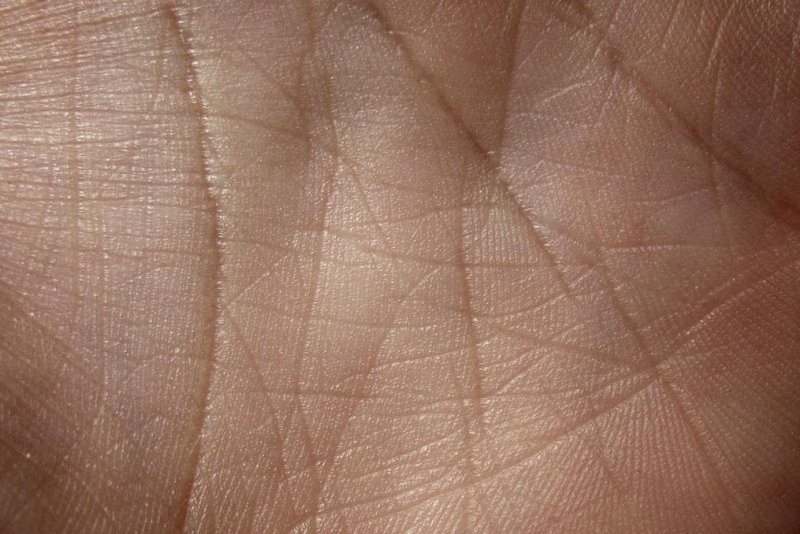SAN FRANCISCO, April 28 (UPI) -- An international team of researchers developed skin grown from human stem cells that may eliminate using animals for drug and cosmetics testing and help develop news therapies for skin disorders.
The team led by King’s College London and the San Francisco Veteran Affairs Medical Center developed the first laboratory-grown epidermis -- the outer layer of skin -- similar to real skin.















